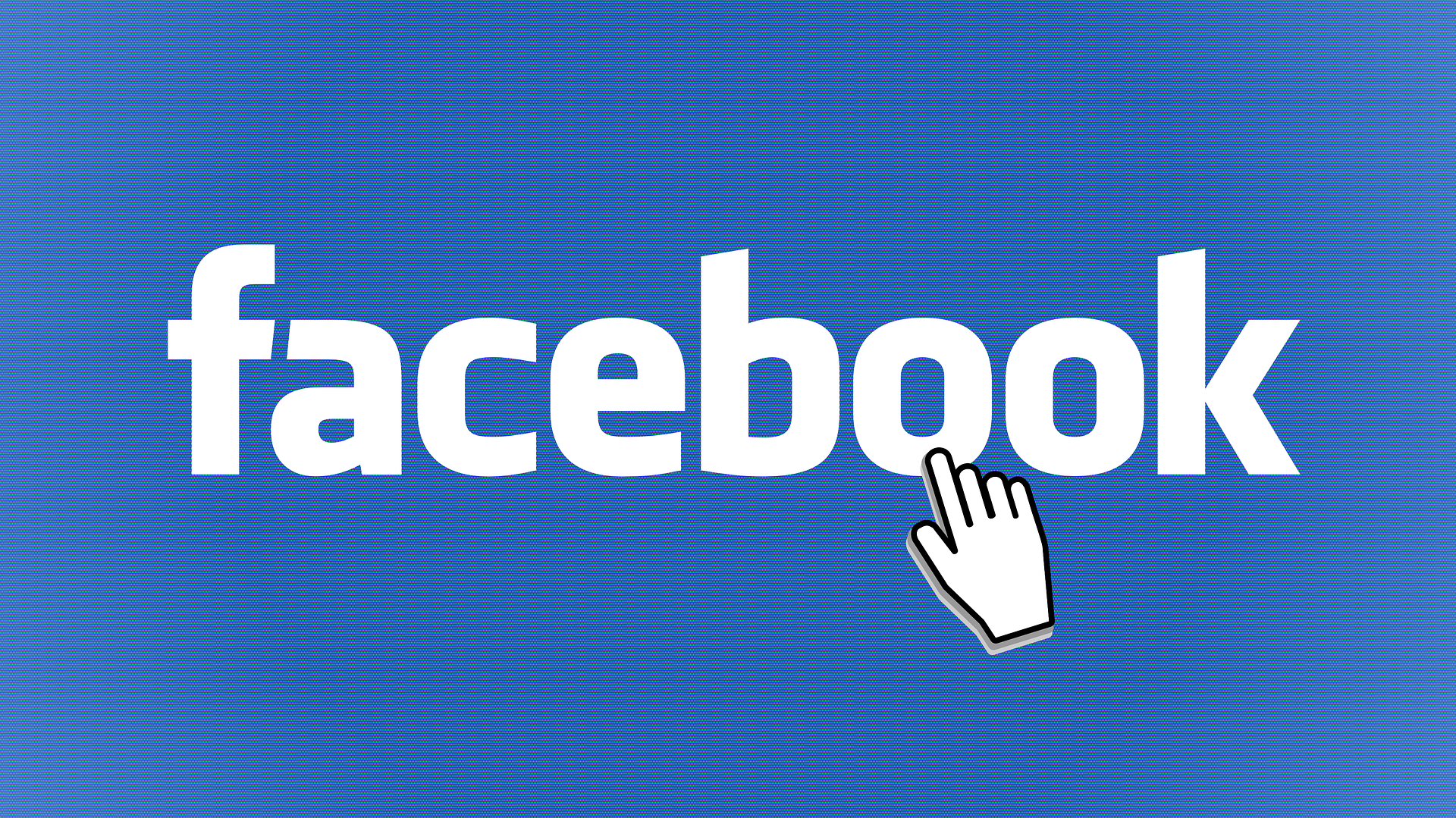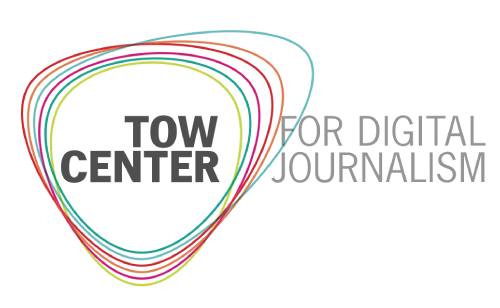Sign up for the daily CJR newsletter.
To: hardquestions@fb.com
Subject: Release more data for researchers and journalists
Today, you put out an open call for suggestions on the “hard questions” that have arisen on and around Facebook. You cited a long list of issues, some disturbing that you want help with, including people’s digital legacies, the role of social media in democracy, online safety for younger users, and containing terrorist propaganda online.
First, a sincere thank you for realizing that Facebook needs to broaden the conversation about the social impact of your platform. I strongly agree. It was a long time coming.
Your platform has more than one quarter of the human population actively using it. Your user base is so broad and at such scale that to understand Facebook users would be to understand the full range of human behavior.There is no way that your company alone can understand all of the effects of your talented product designers’ decisions.
ICYMI: A Facebook bot purge clobbered USA Today, and no one knows why
One thing your organization can do is release more data about how Facebook users are interacting each other and with content publishers, and how they are sharing and digesting content on your platform. Amid all time lows in the public’s trust in the media, publishers and journalists are looking to better understand the complex dynamics of how readers are getting their news. Such data would help answer some of the news media’s own hard questions.
I created The Wall Street Journal‘s “Blue Feed, Red Feed” project using Facebook’s own data and tools to illustrate the filter bubble phenomenon during the run-up to the election. If not for Facebook releasing its own data—as part of a peer-reviewed study examining the role of Facebook’s news feed algorithm in creating filter bubbles—I could not have done that project with any kind of integrity. I received emails from journalists and researchers from around the world asking for help to build such a tool for their countries, which each have unique expressions of political polarization. But Facebook is the only one that can help us understand these phenomena and behaviors.
Releasing more data (anonymized, of course) about users’ habits on its platform would only help Facebook. On top of the good will from researchers, journalists, and the public for the opening up your data, we would all learn more about how we interact with each other online. I have so many questions I would ask with such data in hand. Where are Spanish-speaking single mothers living in Texas getting their news? Which sources do self-identified conservative men over 60 in West Virginia share? How balanced are the “news diets” of people from different age groups and educational backgrounds? What does engagement look like within extended families with diverse political views on Facebook? Are there communities—perhaps breaking outside of geography—where the discourse online is less polarized, and what makes them different? We cannot answer these questions without access to more data.
As Facebook users become overwhelmed by an increasingly polarized world of news on social media, and confused by the stubborn problem of fake news, this is a crucial time for your platform. Facebook should set a new standard for transparency among its large technology peers, and open up broad access to data to better understand its users’ behaviors. The insights that researchers and journalists could reveal from access to such data could yield benefits far beyond the reach of the platform.
Facebook’s stated mission is to make a better world by connecting people. You can start by letting us help you understand how users are using your platform.
RELATED: A day in the life of a journalist in 2027: Reporting meets AI
Has America ever needed a media defender more than now? Help us by joining CJR today.









